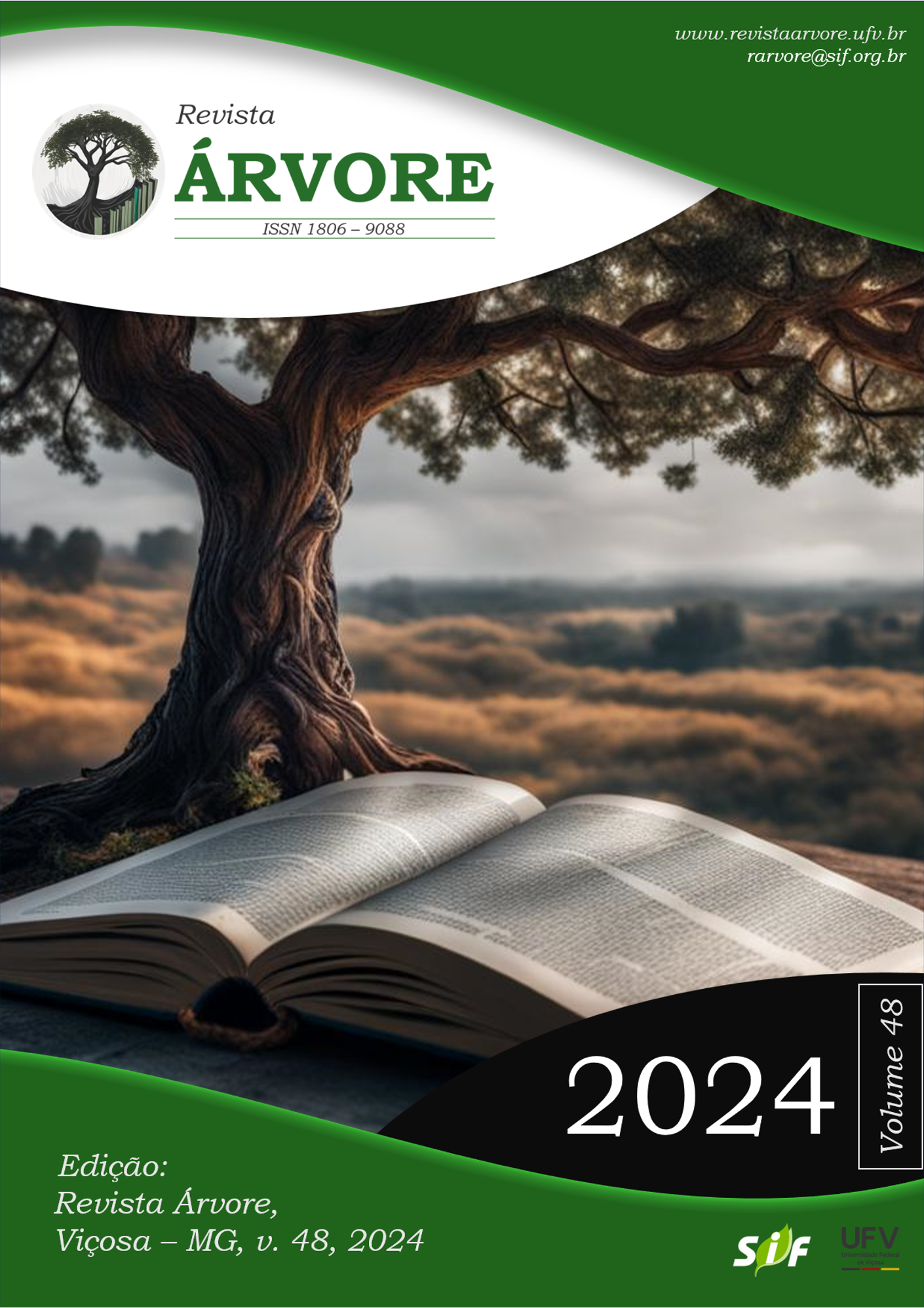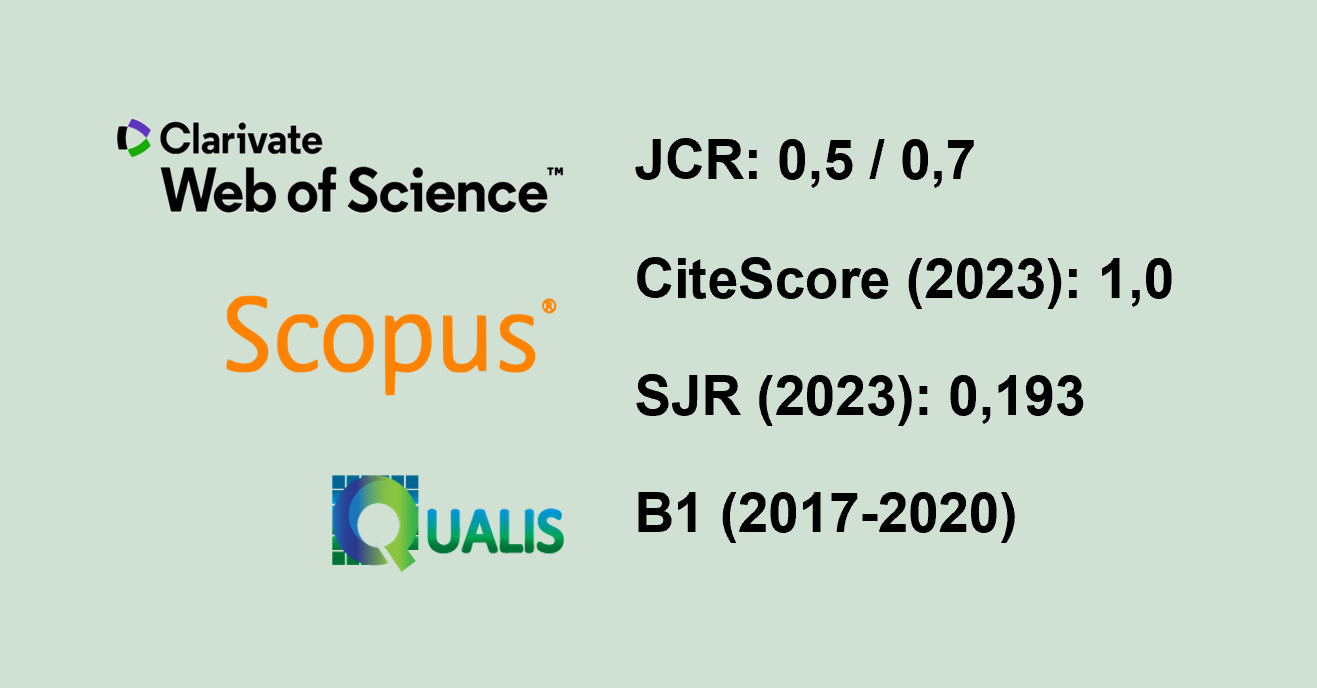Long-term assessment of fire-induced carbon loss in Southeast Atlantic Forest
DOI:
https://doi.org/10.53661/1806-9088202448263806Keywords:
Carbon stock, Ecosystem, InVEST, FireAbstract
Fires threaten tropical forests such as Atlantic Forest in Brazil, compromising the ecosystem service of carbon stock. However, there is a literature gap regarding these studies in these ecosystems. Therefore, we conducted this analysis in different land use and land cover (LULC) classes, considering seasonality and topographic, hydrological, anthropogenic and fire variables correlations, during 2000-2020. The InVEST Carbon model was used, applied to carbon biomass pre-fire and pos-fire, based on field work and linear regression, weighted by pre- and post-fire NBR spectral index. The results, in 21 years, revealed a total loss after fire of 55.7GgC (43%), and of these, 79% is in old-growth Ombrophilous dense. In general, fire negatively impacts the carbon stock of native forests by an average of 38% (ranging from 19.9% to 69.1%, depending on phytophysiognomy and seasonality), Eucalyptus plantations by 87.1%, high-altitude grasslands by 79.5% and pasture in 90.4%. Burn frequency and severity as well as distance from rivers and roads were significantly correlated with carbon loss. A small portion of this biome has shown a high potential for fire-induced carbon loss, indicating a danger for the whole Atlantic Forest conservation and to international agreements commitments.
Keywords: Carbon stock; Ecosystem; InVEST; Fire
Downloads
Published
How to Cite
Issue
Section
License
Copyright (c) 2024 Revista Árvore

This work is licensed under a Creative Commons Attribution 4.0 International License.
All authors agreed to submit the work to Revista Árvore and granted the exclusive license to publish the article. The authors affirm that it is an original work and has not been previously published elsewhere. The scientific content and opinions expressed in the article are the sole responsibility of the authors and reflect their opinions, not necessarily representing the opinions of the editorial board of Revista Árvore or of the Society of Forest Investigations (SIF).
Funding data
-
Coordenação de Aperfeiçoamento de Pessoal de Nível Superior
Grant numbers 88887.932268/2024-00 -
Conselho Nacional de Desenvolvimento Científico e Tecnológico
Grant numbers PQ-2 309541/2022-0








